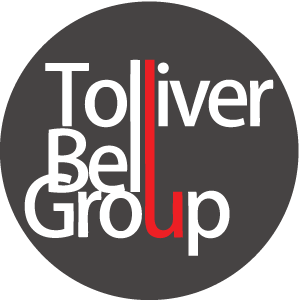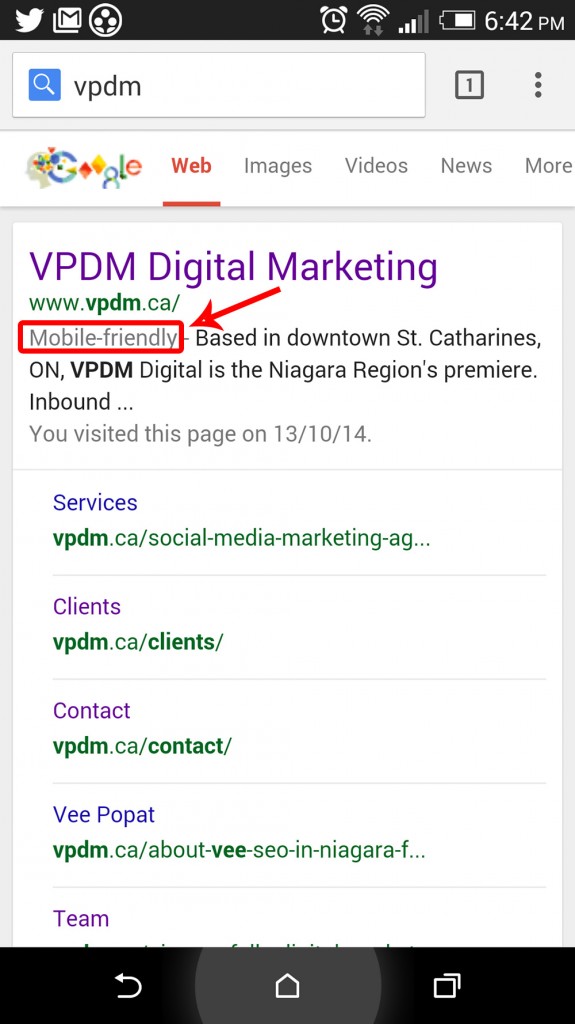
27 Jul 5 Simple SEO Facts All Business Owners Should Know
As we end a very tumultuous year of major updates in key SEO algorithms and many significant changes in marketing strategy with popular social media platforms, I thought it would be a good idea to review the essential basic facts of SEO and website optimization.
After all, in order to maximize the ROI of your digital marketing investment, a w3c compliant, mobile responsive and adaptive website that is fully optimized with the latest white hat SEO tactics, is absolutely necessary.
You want to start 2015 off with some impressive and lucrative search engine rankings, right?
1. SEO Is a Marathon, Not a Sprint
First things first. It’s important to understand that SEO is a very dynamic beast. Your SEO strategy should be looked at as part of your ongoing digital marketing strategy.
Granted, there are a few things your SEO consultant or company can do only once, and likely not have to tweak for months or years, but with the many changes in search marketing that are happening almost daily, your SEO strategy better be on point.
For example, not only do Google’s search algorithms change frequently, up to 500-600 times per year, people are changing the way they use search engine. Think of the increases in mobile search and voice search.
Users will search differently when using mobile search, due to typing on challenging mobile keypads, and when using voice search, users will be sure to use specific, targeted, long-tail phrases.
A business website SEO person needs to stay on top of these regular changes and understand how to adapt your SEO strategy quickly and efficiently.
2. SEO Cannot Exist in a Silo
In the coming year, large organizations and small to medium sized businesses will integrate their SEO strategy into their overall marketing strategy – both digital and traditional marketing. If not, the lack of cohesive effort of teams working on the same goal will show up like an nasty, oozing pimple pulsing out of your company’s bottom line.
You certainly need an experienced SEO consultant to head up your SEO strategy, be sure that the SEO team integrates their strategy with your social media team, content writers, traditional marketers, and most importantly, your sales teams.
For example, a company could have a solid SEO strategy in place where they are seeing top rankings for their targeted keywords. This fact is bringing their website or landing page some serious traffic from many qualified prospects and customers.
Let’s say they also have an extremely successful PPC campaign running on Google AdWords alongside their winning organic SEO strategy. This campaign is bringing in qualified leads that are costing the company money with each click.
If the company’s teams aren’t integrated properly or if the communication between SEO and sales departments isn’t clear, think about what the company is missing out on and how they are losing out:
1. Qualified leads being driven to the website or landing page from organic search.
2. Since there is no lead generation forms or no Facebook tracking pixels have been set up by the digital marketing team, the company is losing warm leads that could be turned over to the sales team to close. The simple, sad reason for this could simply be the lack of communication between the SEO team, the digital marketing team, and the sales team.
3. Qualified leads being driven to the website or landing page from paid search. This is great news typically, but if your website isn’t mobile responsive, easy to navigate, with clear calls to action, users could leave your website without converting one of your goals (lead generation, media download or a purchase).
The SEO team would need to be monitoring the PPC/CPC campaign diligently and monitoring the number of clicks and comparing that to the number of conversions. Another reason why SEO and sales/marketing teams need better integration in 2015.
3. Think Mobile First Always — Even With SEO
The fact is, Google wants your site to be mobile responsive. Period. Good SEO starts with good website development. Good website development starts with a “mobile-first” approach. Mobile SEO is the real deal.
Google’s search ranking algorithms most definitely rank mobile responsive websites higher than those websites that aren’t “mobile friendly.” Have you noticed how Google helps users by clearly identifying websites that are mobile friendly, in mobile search?
Google now lists right in the search results page whether a website is mobile friendly or not. This should be a sign that search engines favor mobile ready websites and reward these websites with higher search rankings.
4. The One Constant In SEO is Change
Change is inevitable. If there is one thing you can be sure of in the world of search is that things will change. Often. As previously mentioned, Google’s search algorithms can change over 500 times in any given year, without notice.
It’s not even just search that changes frequently. Other aspects of digital marketing are known to change often. We’ve seen this with Facebook’s declining organic reach and the changes to their News Feed algorithm.
Instagram just started rolling out advertising from select brands to select users ion the USA and more recently the ads have made it to Canadian Instagram users. Twitter started showing us RT’s based on our followers, our interest, and our tweets.
The best thing you can do for your internet marketing strategy is to stay on top of all these important changes or hire a professional to set up and manage your digital marketing strategy.
5. Google is a Referral Engine, Not a Search Engine
When you moved to a new city or new neighborhood, you’d likely ask local friends, family or neighbors where the best place to get a haircut or groceries near by. You may inquire about where the closest gym, library or vegan cafe is in relation to your new house.
These people would like to give you the best advice — or the best referral, because you are a friend or neighbor. They wouldn’t want to send you someplace where they themselves wouldn’t go.
Google is like your most knowledgeable best friend. When you ask it a question, it wants to give you the best possible answer. This is why I say Google is better seen as a referral engine than a search engine.
If your website is built with a mobile-first approach, is responsive and adaptive to all screen sizes and website browsers, has the proper basic SEO set up, and is regularly publishing quality content that is fully optimized, Google will reward your website with top rankings over your competitors.
Why? Simply because if your competitor’s site isn’t optimized as well as yours is, why would Google — a searcher’s best friend — rank any other website higher than the best one?
It wouldn’t. The point is, make your website valuable to your target customers, easy for them to find and simple for them to navigate. You’ll be rewarded by Google and other search engines.
To Wrap Up
- SEO is a long-term strategy. Be prepared to be in it for the long run.
- Integrate your SEO with the rest of your sales and marketing team. You cash even go so far as including operations team in that mix. Internal communication is vital.
- You know we live in an increasingly mobile world, right? Are you reading this on your mobile phone right now? If not, how much content did you consume via your smartphone today? Mobile SEO is essential to your website optimization strategy.
- Be ready to turn and face the strange Ch-ch-changes. SEO is constantly eve loving. So is digital marketing as a whole, so this is nothing to be in shock and awe about. Stay on top of the changes or make sure you hire a skilled professional SEO consultant or SEO agency that can help you reach your goals.
- Treat Google like a referral engine, not just a “search” engine. If you want a referral, you need to step up your game. This means to ensure your website is user friendly. Start with an SEO audit. Take a look at your user interface (UI) and the overall user experience (UX) of your website, from a user’s perspective.






Sorry, the comment form is closed at this time.